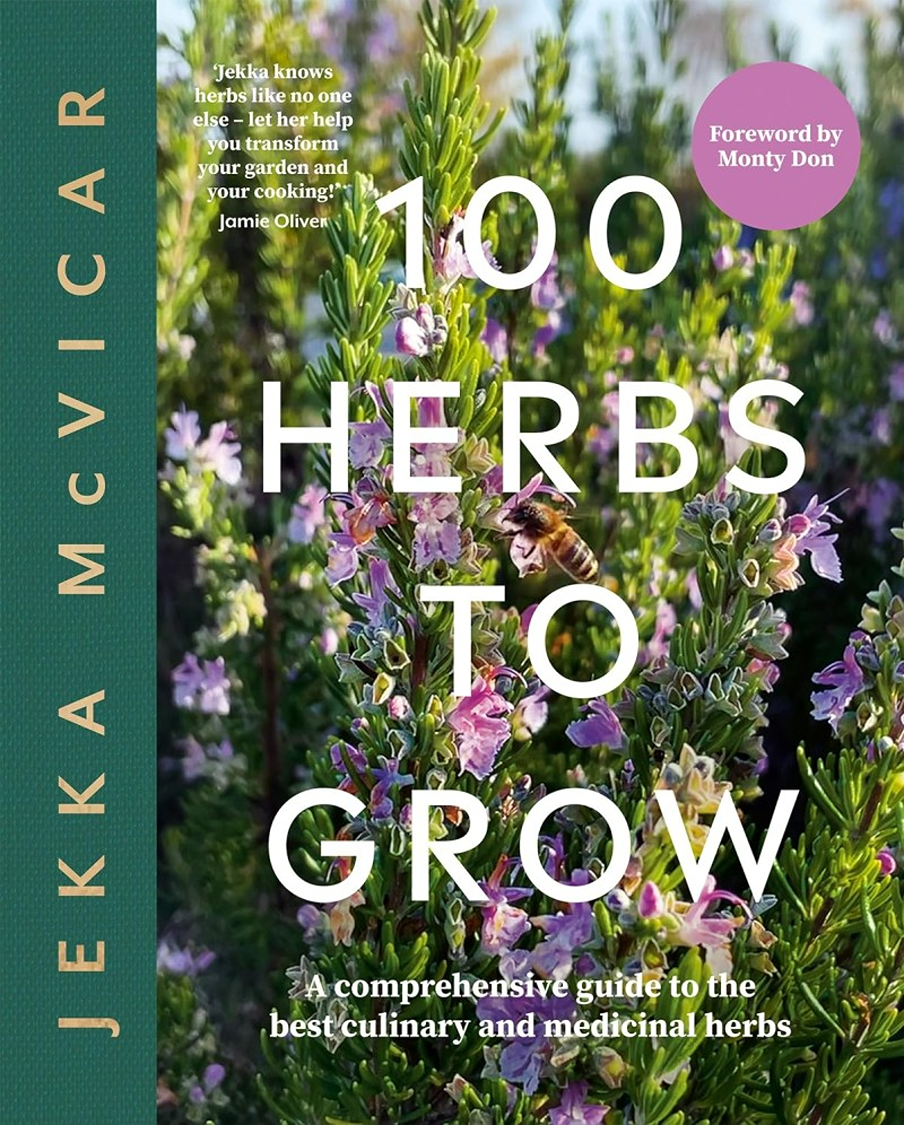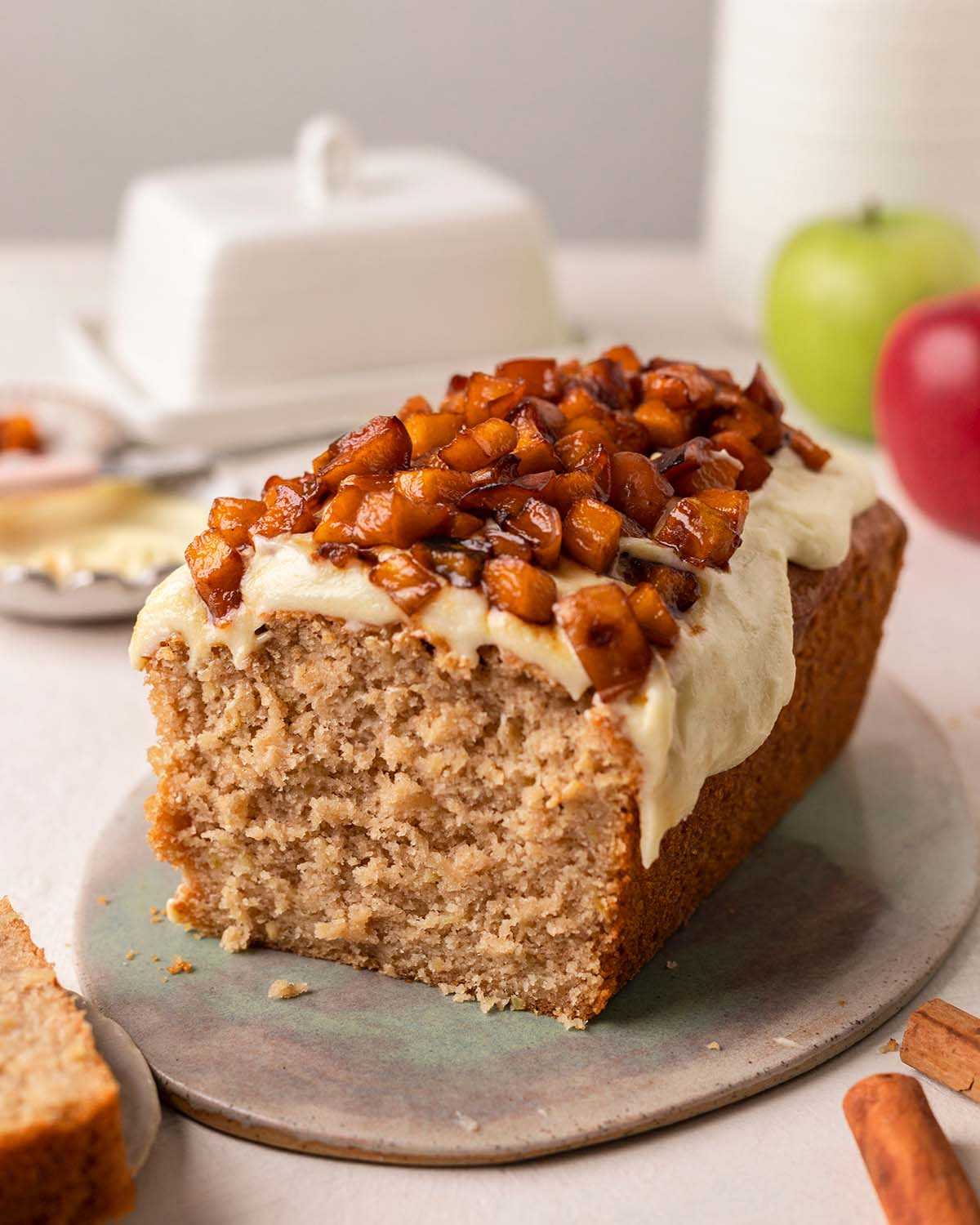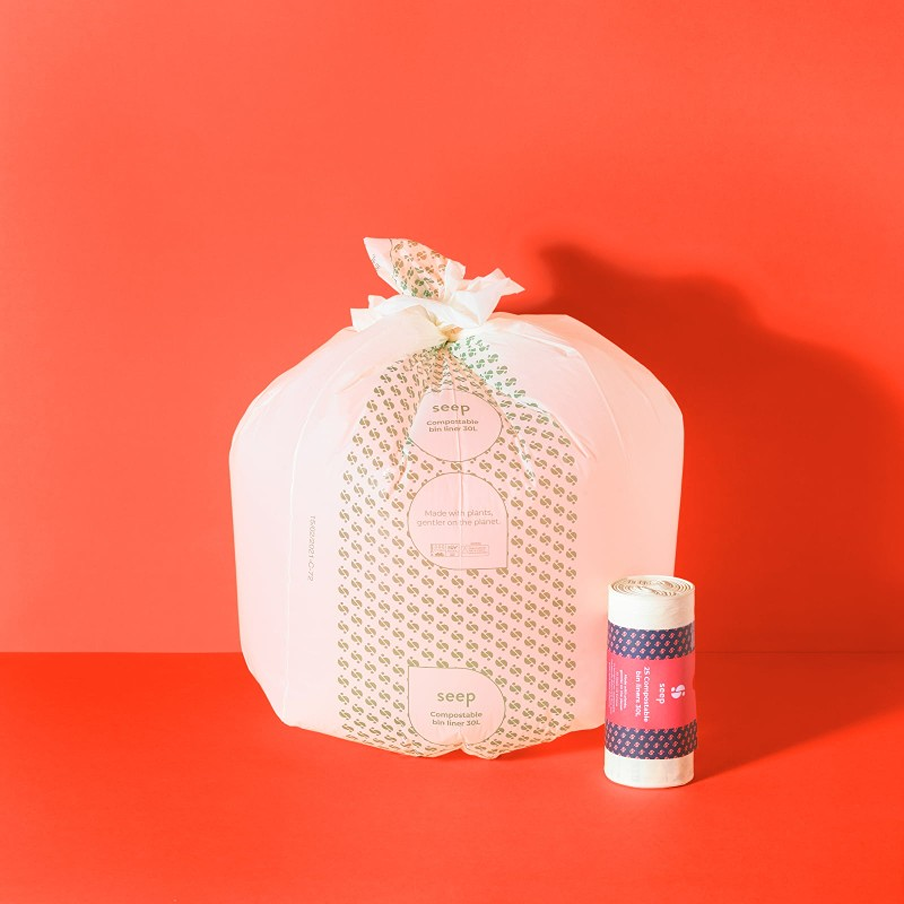Simple Ideas to Reduce Soaring NHS Costs

NHS costs are soaring. But most conditions that cost the NHS money are ones that often can be prevented through better diet, exercise and better living standards: heart disease, cancer, diabetes, dementia,
Parkinson’s (the main reason is already known: a farming chemical that the government won’t ban).
And offering plant-based foods in hospitals would help.
People will always get ill and die. But often if councils created walkable communities with green parks, and made it easy for people to access organic plant-based foods, many diseases would not exist.
We live in a society where older people are now lonely and bored. So of course many get dementia, even if they had active brains before (like any muscle, if you don’t use it, you lose it).
Cancer is not just caused by smoking and the midday sun. It’s also caused by air pollution, water pollution and chemicals on fruits and vegetables, and in our beauty, laundry and cleaning products.
If people have free social care, then loved ones would not exhausted and poverty-stricken, to care for their parents, grandparents or children, in times of illness.
If benefits were fairer, then people would be able to go out and spend money in local cafes and take holidays, which reduces stress (it’s known that most ‘ill people’ are poor people).
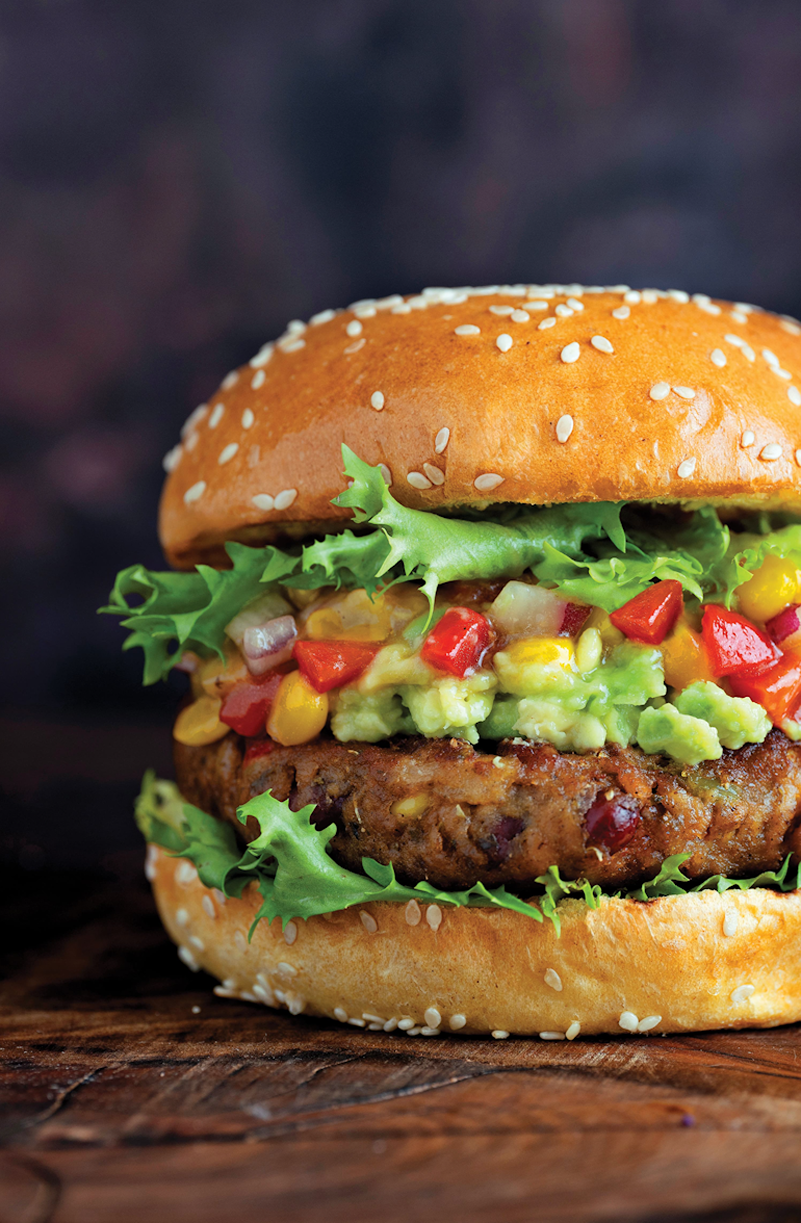
It makes obvious sense that when all the medical experts say plant-based food is healing, to offer more choices on the NHS, whether that’s a stay in hospital, or for patients in residential and nursing homes.
Forest Green Kitchen is a plant-based food caterer that can offer wholesome meals in sustainable packaging to hospitals, schools and caterers nationwide. Everything is free from soy and the major allergens, with no palm oil.
Patients can download template letters before hospital stays, to explain their dietary needs.
In the US, a Californian hospital (and all New York hospitals) now offer vegan food by default, with most patients opting for it, even if they are not vegan or vegetarian.
The recipes are also free from gluten and the top 9 allergens, and it also saves money, on not having to provide different meals for everyone. Many African-Americans are also lactose-intolerant, so this also alleviates this issue at source.
If you are a vegan not receiving good food, you can contact PALS (Patient Advice and Liaison Service) run by your local NHS.
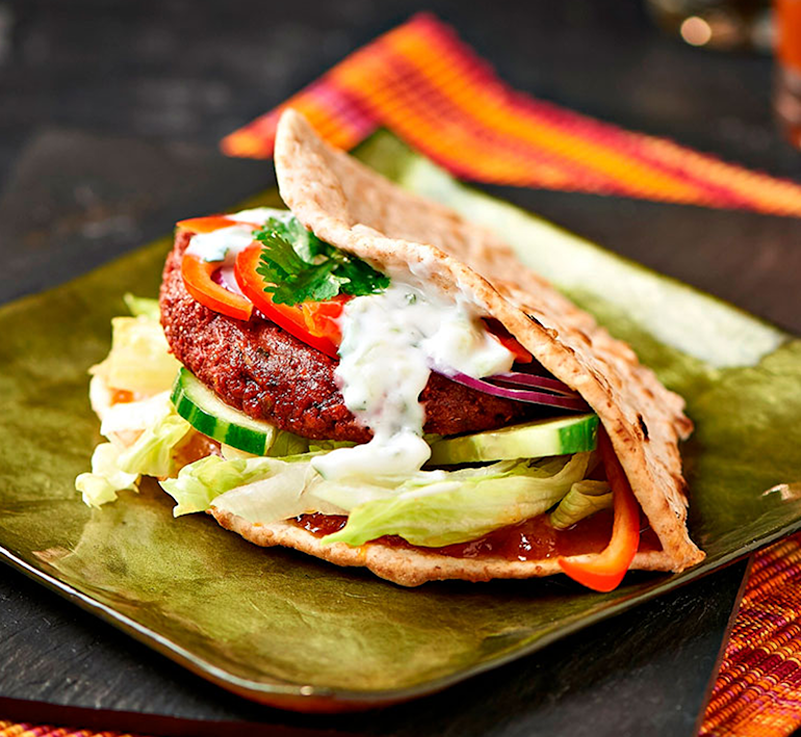
Professor Tim Spector has called on the government recently to make plant-based food standard in UK hospitals, as there is more than enough proof that it could speed healing.
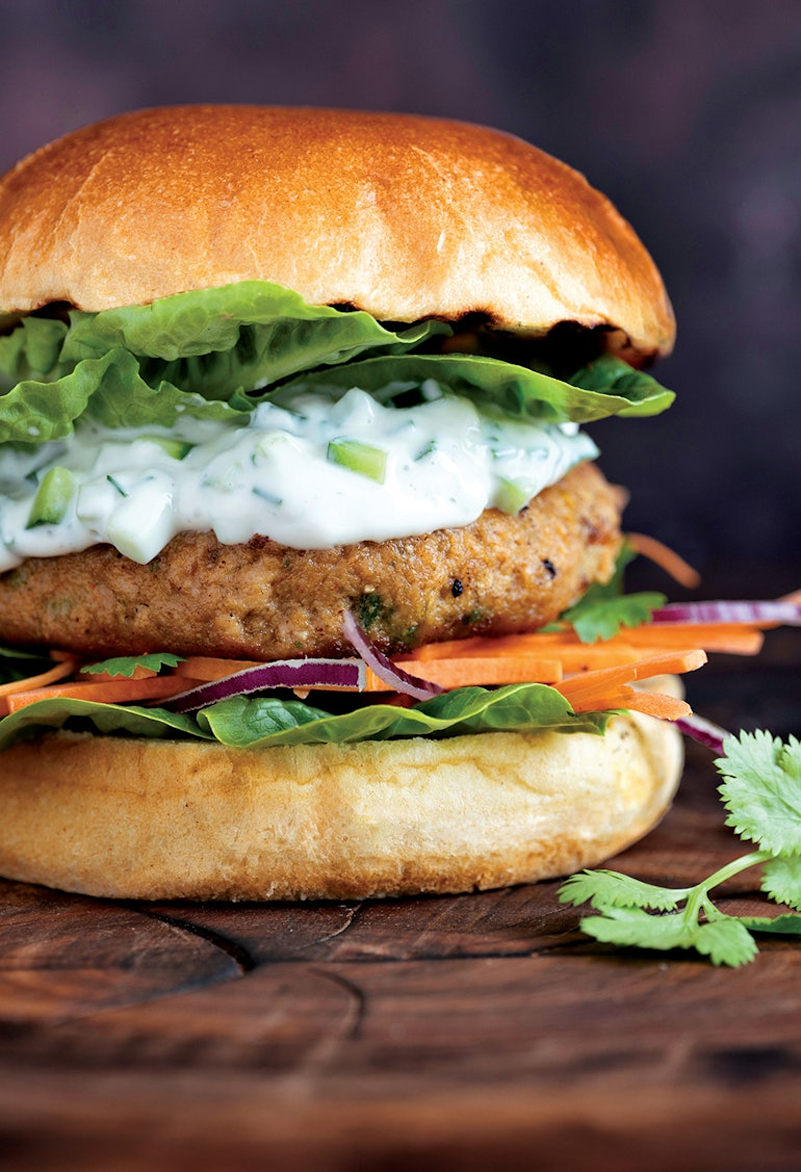
This is not just vegan zealot mission, rather a proven way to save the NHS around £74 million a year, which could be used for other needed projects.
Plants First Healthcare is working to encourage vegan food to be the default food in healthcare settings. This organisation is run by a team of NHS professionals.
Low-Cost Veggie Meal Plans for Nursing Homes
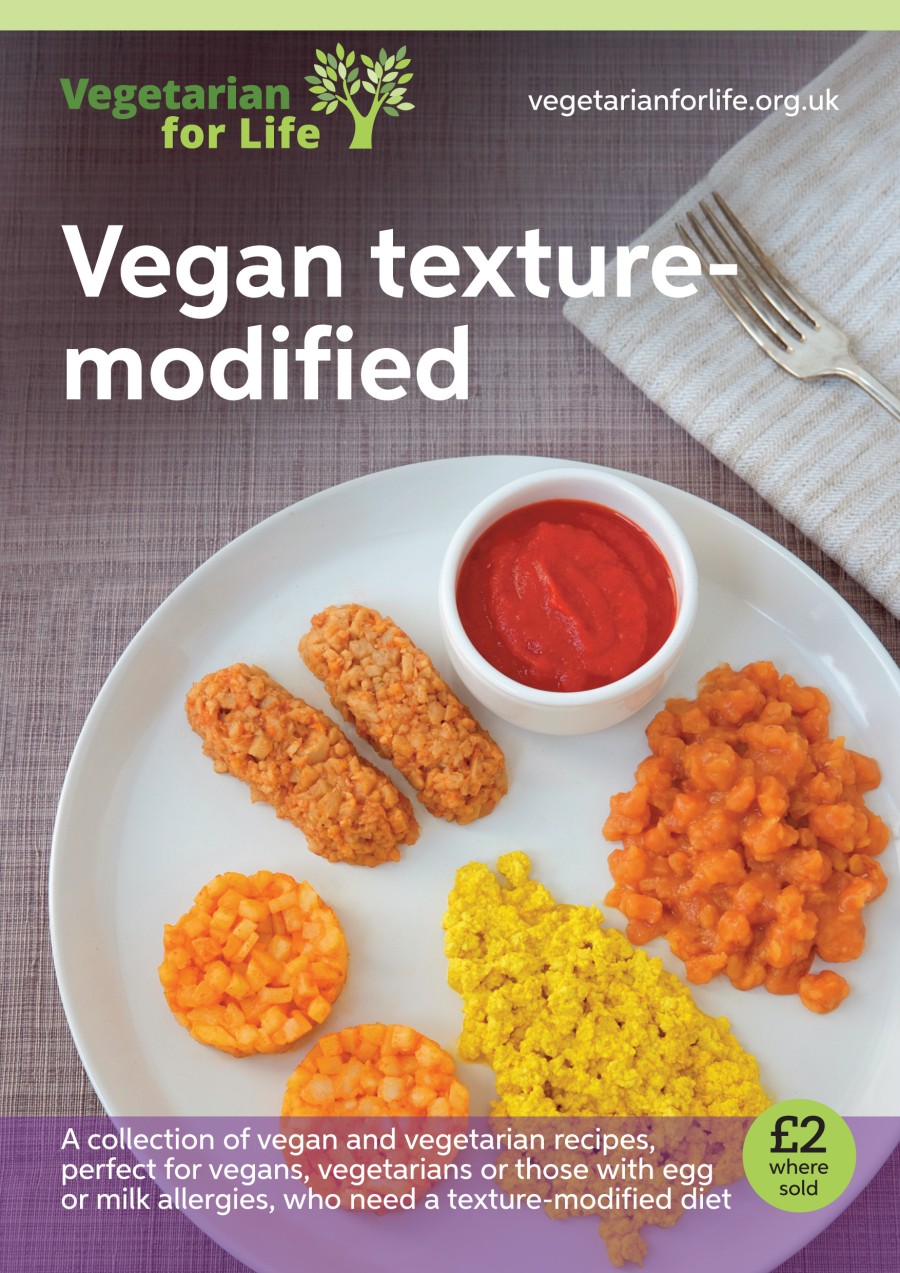
Vegetarian for Life is a charity specifically created to help serve vegans and vegetarians in care homes, hospitals or independent living facilities.
Often those preparing meals don’t know how to make veggie options, and it’s also obviously important to ensure that guests or patients receive the right nutrients too with their meals.
Before cooking, read up on food safety for people & pets (important for residential/nursing homes with resident or visiting pets).
Dog-walking charity The Cinnamon Trust holds a list of pet-friendly care homes.
The meal planners offer easy meals that most people will enjoy eating. Examples include:
- Baked potato, baked beans, date & orange salad, fresh fruit
- Lentil & spinach quiche, chips, mixed salad, stewed apple & raisins
- Tomato & basil soup, vegan lemon meringue pie
- Veggie roast, potatoes, jam sponge & custard
- Cottage pie, cabbage, yoghurt & mixed berries
- Chickpea croquettes, chips, salad, rice pudding
- Macaroni soup, bread, banana split
- Vegan ham & salad sandwiches, Victoria sponge
- Pasta bolognese, sweetcorn & beetroot salad, ginger cake
- Cauliflower cheeze, baked potato, peas, apricot blueberry crumble
- Vegan cheese & tomato sandwich, cherry cake
You can also download a free 32-page catering guide and a guide to textured foods, for vegans and vegetarians who are no longer able to eat solid food. Plus grants to help vegans live independently.
The History of the NHS
The NHS was founded in 1948 (thanks to Labour Welsh MP Nye Bevan, who grew up in a mining town). Employing nearly 2 million people, it’s been emulated worldwide, but its budget has soared with almost a third of all government spending now on healthcare, mostly due to ageing populations.
Diseases that used to quickly kill people are now replaced by conditions like dementia, which can mean people need medical care for years, sometimes decades.
Although there is no proof that the Conservatives want to privatise the NHS, the New Statesman and others have suspicions of ‘deliberate neglect’ (like pub chain landlords that deliberately let unwanted premises run down to become eyesores to sell off).
Visionary alternatives are no doubt needed to address people dying from lack of ambulances arriving on time and huge waiting times. But just throwing money at the NHS does not appear to be working.
The news always reports of old people sitting on trolleys for hours. Or ‘bed-blocking’. But why don’t they ask why people (only in their 70s and 80s) are in this state in the first place? It doesn’t happen say, in New Zealand. Where people are much healthier in older age.
The NHS is almost a religion, where you’re not allowed to say anything critical about it. It is wonderful that you can register for a GP (alas not a dentist) and get free medical care.
But often you’re just thrown a pill, and some people waste NHS time, using doctors when they don’t need to, as they’re free.
Some forward-thinking GPs offer gym prescriptions and counselling for obesity and/or depression over anti-depressants, and councils could help by creating walkable communities with nice parks for good exercise and mental health benefits, which would save the NHS a fortune long-term.
What is NHS Advice for Better Health?
Sometimes ‘it’s your time’, so don’t take this advice as standard. But this is a consolidation of main advice given by NHS and others in the know. Not newspapers or TV programs that change their minds every five minutes.
If you need a symptom checker, visit NHS website where you can find information on nearly every medical condition, with details on where to find (often free) outside help.
Alongside casualty hospital departments, England also has Urgent Treatment Centres (staffed by nurses) who can help with ECG and blood tests, x-rays, sprains/strains, skin infections and temperatures, stomach pains, injuries, cuts, bruises, suspected broken bones and mental health concerns.
You also sometimes have similar services in cottage hospitals, found in small towns. If you receive good (or bad) medical care, you can review it at iWantGreatCare.
This is not like eBay – the reviews go to those in charge to ensure services are improved, and you can use the site to review pharmacies to hospitals, hospices to wheelchair services and care homes to medicines.
NHS Better Health is a suite of online free health plans to help you. You can the ones relevant to you. They include:
Lose Weight
The BMI checker tells if you’re the right weight for your height. It has a 12-week weight loss programme for football fans and a free online programme for obesity or diabetes.
All complicated tips are boiled down to a simple calorie solution. To lose weight, reduce calorie intake by 600kcal (eat 1900kcal a day for men or 1400kcal a day for women).
Get Active
The program offers 2 free apps: a running programme for beginners and an app to record every step of walking. Plus online workout videos and a free 9 week fitness programme.
Quit smoking
Find a free quit plan and details of local clinics, and a free app to track progress and get daily support. It also offers positive inspiration on how you’re doing:
- After 20 minutes, your pulse rate returns to normal
- After 8 hours, oxygen levels begin to recover, and carbon monoxide levels in blood reduce by half.
- After 48 hours, all carbon monoxide has flushed out, and your taste/smell begins to improve, as lungs clear mucous.
- After 72 hours your bronchial tubes begin to relax, leading to better breathing and more energy.
- After 2 to 12 weeks, circulation improves due to better pumping of blood, through heart and muscles.
- After 3 to 9 months, lungs improve function up to 10%, helping to improve issues with breathing, coughs or wheezing.
- After 1 year, heart attack risk improves by half (and risk of lung cancer death reduces by half after 10 years of quitting).
Drink Less Booze
The program tracks progress and offers tips to cut back or give up booze. In plain English, the ‘no more than 14 alcohol units per week’ means:
- 6 (175ml) glasses of wine or:
- 6 pints of (4%) beer a week. Or
- A couple of spirit mixers (no more than 6 days a week).
Use the unit calculator to work out how much you drink, so you can reduce to healthy limits. You can also find free help from alcohol support counsellors. Benefits of giving up or cutting back alcohol include:
- More energy, better skin & saving money
- Lower blood pressure and risk of stroke
- Lower risk of cancer, liver disease & cholesterol
- Better mood, memory & sleep
- Less chance of irritated stomach lining
Most people who drink too much alcohol find they ‘go back to normal’ within a month or so, with most flushed red skin disappearing and even fine lines improving.
Bored Panda has 50 inspiring before/after pictures of people who have quit drinking (some are unrecognisable) if you need some visual inspiration!
Serious drinkers should cut back alongside their GP, as withdrawal symptoms can be serious like seizures, hallucinations and increase in heart rate and blood pressure.
Simple Advice by an NHS Surgeon

This Book May Save Your Life is a funny book by a popular NHS surgeon, showing truthful and scientific ways to feel better. The book’s chapters covers:
- The Brain
- The Heart
- The Lungs
- Sleep
- Bones
- Sight
- Hearing
- Taste
- Touch
- Genitals
- Bugs
- Death!
Let me describe my job in non-medical terms. I slice into people when they’re asleep (with their consent) and remove things. I should stress that I’m one of the good guys, because despite missing some stuff from their bodies, they feel better as a result.
Over the course of my career, I’ve had the blessing of witnessing miracles and tragedies. I’ve come to appreciate that the human body is both a wonder of biology and a total death-trap.
Throughout the book, you’ll find ‘save yourself’ health hacks. I’ve no intention of reminding you to blink and breathe. His tips include:
- Eating healthy foods that you like
- Drinking around 2 litres of water daily
- Taking regular exercise
- No cigarettes (nor vaping)
- Little or no alcohol
The book then goes through each organ of the body, with quick fixes (and a little first aid thrown in too for some chapters).
Reducing Chronic Pain Conditions
The Pain Project is the story of how 10 years after her husband’s catastrophic injury, Kara Stanley embarks with him on a journey to understand his chronic pain, and find pathways to relief.
In 2008, Simon fell off a scaffold, causing severe injuries to his brain and spinal cord. He made a remarkable recovery and adjusted to life in a wheelchair and returned to his music career, but continues to suffer from debilitating pain.
10 years later, they decide to confront the issue. For one year, they will focus on research, interview experts and explore both new and old pain relief ideas. Can Simon discover an alternative therapeutic approach that is at least as effective as daily doses of opioids?
A book for the one in five people who suffer from chronic pain, which continues to be poorly understood and treated around the world.
A Book to Help Reduce Soaring NHS Costs

The NHS is almost like a religion. But its costs are soaring, and often the money could be used on prevention, rather than bed-blocking.
This Book May Save Your Life is a funny book by a popular NHS surgeon, showing truthful and scientific ways to feel better. The book’s chapters covers:
- The Brain
- The Heart
- The Lungs
- Sleep
- Bones
- Sight
- Hearing
- Taste
- Touch
- Genitals
- Bugs
- Death!
Let me describe my job in non-medical terms. I slice into people when they’re asleep (with their consent) and remove things. I should stress that I’m one of the good guys, because despite missing some stuff from their bodies, they feel better as a result.
Over the course of my career, I’ve had the blessing of witnessing miracles and tragedies. I’ve come to appreciate that the human body is both a wonder of biology and a total death-trap.
Throughout the book, you’ll find ‘save yourself’ health hacks. I’ve no intention of reminding you to blink and breathe. His tips include:
- Eating healthy foods that you like
- Drinking around 2 litres of water daily
- Taking regular exercise
- No cigarettes (nor vaping)
- Little or no alcohol
The book then goes through each organ of the body, with quick fixes (and a little first aid thrown in too for some chapters).
About the Author
Dr Karan Rajan studied at Imperial College, London. He is a medical doctor who has over 10 million followers, with his refreshingly frank medical myth-busting and health advice videos.
Ask Your GP for a Medication Review
![]()
Unlike Scotland (where prescriptions are free), in England you usually have to pay for them unless eligible for free prescriptions (this should also entitle you to free dental care, eye care and wigs (for cancer treatment or alopecia).
You can buy nice medication tracker pads on recycled paper, sent in plastic-free packaging.
It’s estimated that around 8.4 million people in England are prescribed 5 or more medicines (and a fifth of hospital admissions for older people are due to adverse effects).
Safely removing people off unnecessary medicines could make people safer, reduce waste (and animal testing – all medicines are tested by law) and save an estimated £300 million that could be put to better use.
Once registered with a GP, ask for a medical review, as millions of pounds are wasted on people storing up medications they never use.
A good GP should offer a yearly review (if not, ask for one). This way you can safely adjust or remove or improve medications, to avoid NHS waste. Take unused medicines to your local pharmacy for recycling (never flush them down the loo).
You can download the free NHS app to order repeat prescriptions from a nominated pharmacy, book appointments, view your GP health record, register organ donation decisions, view your NHS number and use NHS 111 online to answer questions and get instant advice or medical help near you.
Millions of pounds is wasted yearly on the NHS, from ordering unused medicines. Ask your GP each year for a medication review, to ensure ‘dinosaur doctors’ are not just doling out unnecessary medicines.
And always recycle unused medicines at the pharmacy, never throw them out or flush them down the loo.
Medication Tracker Pads (on recycled paper)
![]()
These medication tracker pads are ideal to keep organised if you take medicines. They are beautifully illustrated, printed on recycled paper and sent in plastic-free packaging. Be sure to get a medication review each year with your GP, to keep your medicines updated.
Millions of pounds is wasted yearly on the NHS, from ordering unused medicines. Ask your GP each year for a medication review, to ensure ‘dinosaur doctors’ are not just doling out unnecessary medicines.
And always recycle unused medicines at the pharmacy, never throw them out or flush them down the loo.
![]()
In two designs, these trackers help to make it easy to ensure you take medicine, don’t forget and also don’t overdose. There is a clear overview of what to take when, plus a little sparkle of colour, because medicine is not the most fun subject.
You can log what you’ve taken, then tick off as you go, in the tracker section. This tracker was created, after the designer’s delivery of her baby did not go to plan.
Bedridden for weeks and taking heaps of medication and injections, she drew out a schedule, but was inspired to create something a bit more fun and colourful.
She knows that so many people struggle with serious illness like cancer and Alzheimer’s. And they deserve to have a little more creativity added to their day.
The 52 tear-away pages have cardboard backing, and there is a hole at the top, to easily hang up the chart.

It may only have been a few years ago, but the COVID-19 pandemic led not just to a huge number of preventable deaths, but also left a legacy of massive amounts of litter. Those blue plastic face masks are now ‘the new plastic bottle’, with the strips often tangling birds and wildlife.
Obviously we need to keep safe. Many people with poor immunity still need to wear face masks, and of course medical staff need to use disposable ones, for hygiene and safety. And hand sanitisers are here to stay, and of course it’s likely that another virus will hit, so lessons must be learned.
Zero Waste (biodegradable) Hand Wash & Sanitisers
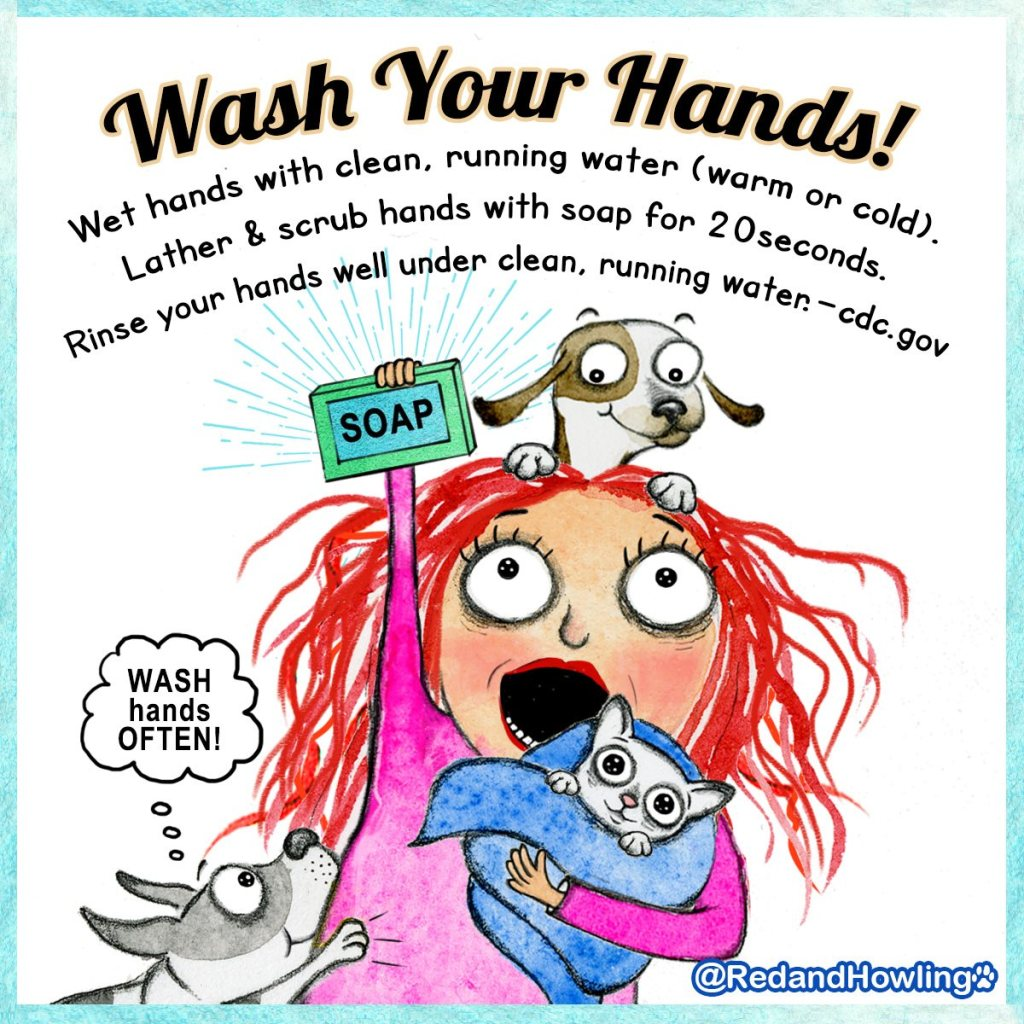
Outside of washing hands in your own home, many people now carry portable hand sanitisers, to keep safe. The most effective ones have a certain percentage of alcohol, but you can find brands that use biodegradable ingredients, and are in zero waste packaging.
Avoid essential oils for pregnancy/nursing and avoid shea butter for latex allergies. You can leave caps on plastic bottles for recycling (machines can sort them these days).
Of course, it’s also important that such items are affordable. People who work say in a GP office, are not going to be spending £20 on an organic hand wash with artisan ingredients foraged from a meadow. They just want something plain and affordable that works.
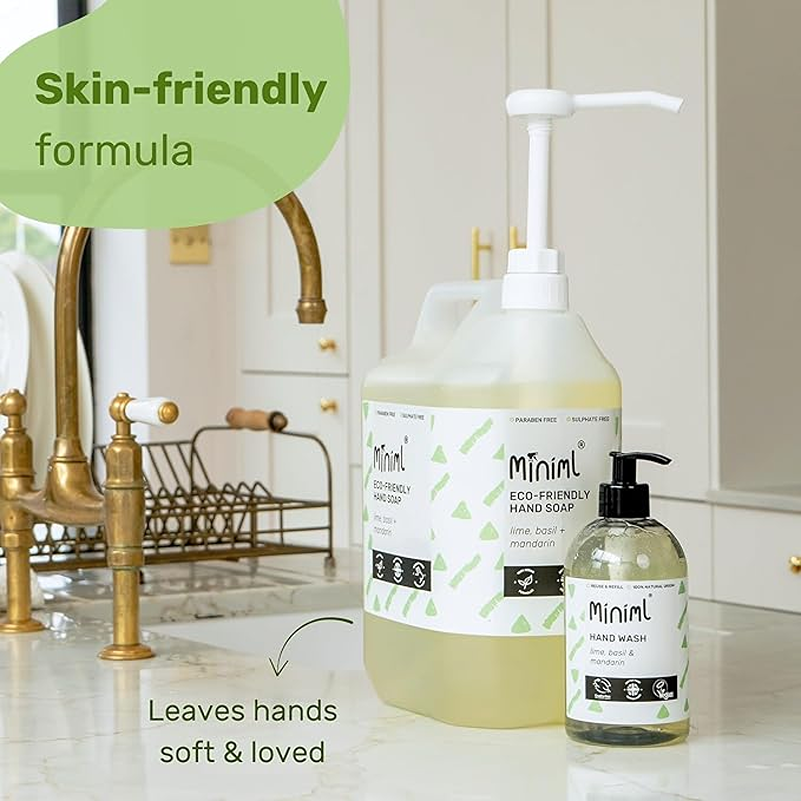
Miniml offers 100% natural hand washes (with refills) all scented naturally. Made with Yorkshire water, you can refill empty bottles in stores, or use the QR code to send them off for washing and refilling. Choose from:
- Cucumber & Aloe Vera
- Lime, Basil & Mandarin
- Pink Grapefruit & Aloe Vera
- Sweet Clementine (anti-bacterial)
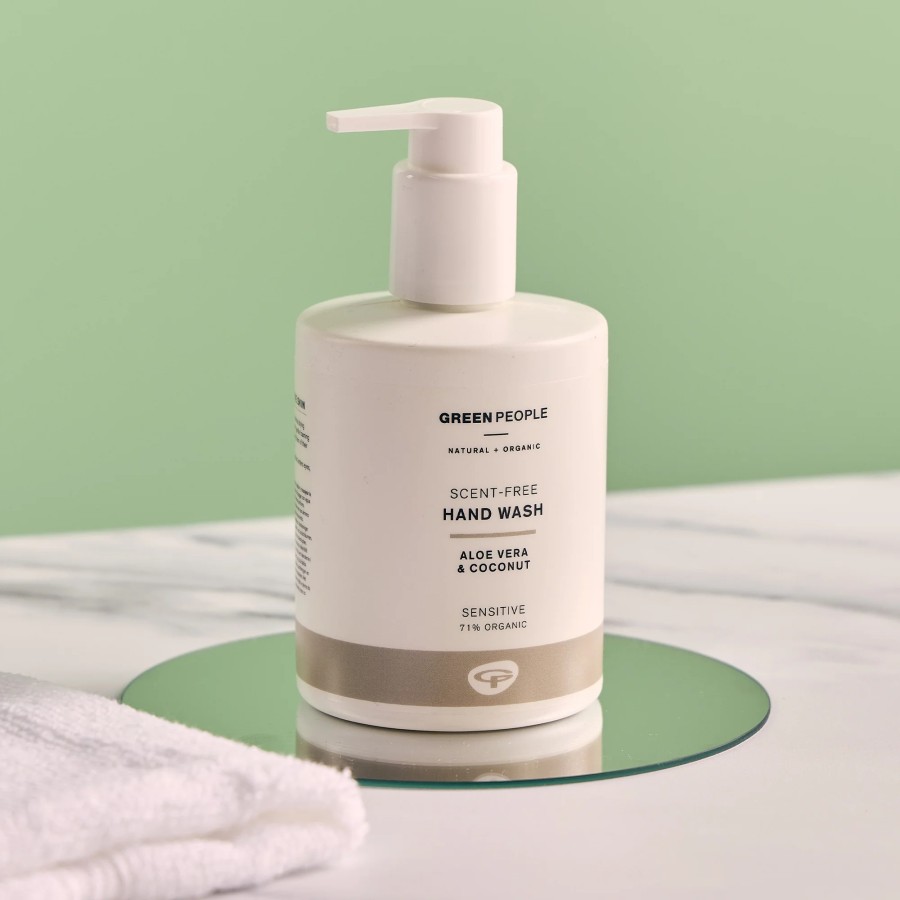
- Green People offers scent-free hand-wash in easy-to-recycle sugar cane packaging, and there’s also a children’s citrus foaming hand wash with tea tree oil, also good to wipe sticky faces and high chairs).
- Greenscents offers natural castile soaps (no palm oil) and sanitisers in glass bottles (handle with care with wet hands) that are sent back for refilling). Choose from unscented or natural scents.
- Bio D Fragrance-Free Hand Wash neutralises 99.9% of harmful bacteria, and is approved by Allergy UK. Also in 5 litre and 20 litre versions (eturn for recycling, use with the pump tap).
- All-Purpose Hand Sanitiser Spray (also in 5 litre containers) is fragrance-free but does contain essential oils. It meets disinfectant standards for bacteria and viruses, conforming to BS EN 1276 standards, making it a reliable choice for a clean hygienic home or office
- Delphis Eco Hand Soap is for commercial use, sold with a 5 litre refill.
Choose Organic Cotton Reusable Face Masks
A caveat here, as obviously medical staff and some people with medical conditions may need to use disposable face masks. If so, ‘snip the ear loops’ before secure disposal (in a secure bin, not a public bin with an open top that could send masks flying out in wind to land on trees etc).
If you see littered blue face masks, look like a tramp with the rest of us; pick it up, rip the ear loops apart and dispose of in a suitable secure bin.
Do not use face masks while asleep, nor on young children or people with breathing difficulties (or cannot remove masks without assistance).
Many companies now offer reusable face masks, try to find ones made from organic cotton (for synthetic fibres, launder in a microfiber filter).
- Thought Face Masks are made from organic cotton offcuts, in one adjustable size and double-layered with a pocket to fit a filter.
- EcoLiving Organic Cotton Face Mask is made from organic cotton and soft elastic ear loops. Includes a concealed nose bridge.
- This pack of 3 fair trade organic face masks includes 1 each of red, green and black packed in an organic cotton bag. Includes soft elastic ear hooks, and a nose adjuster to hold in place.
A Book on Viruses (and how to stop them)
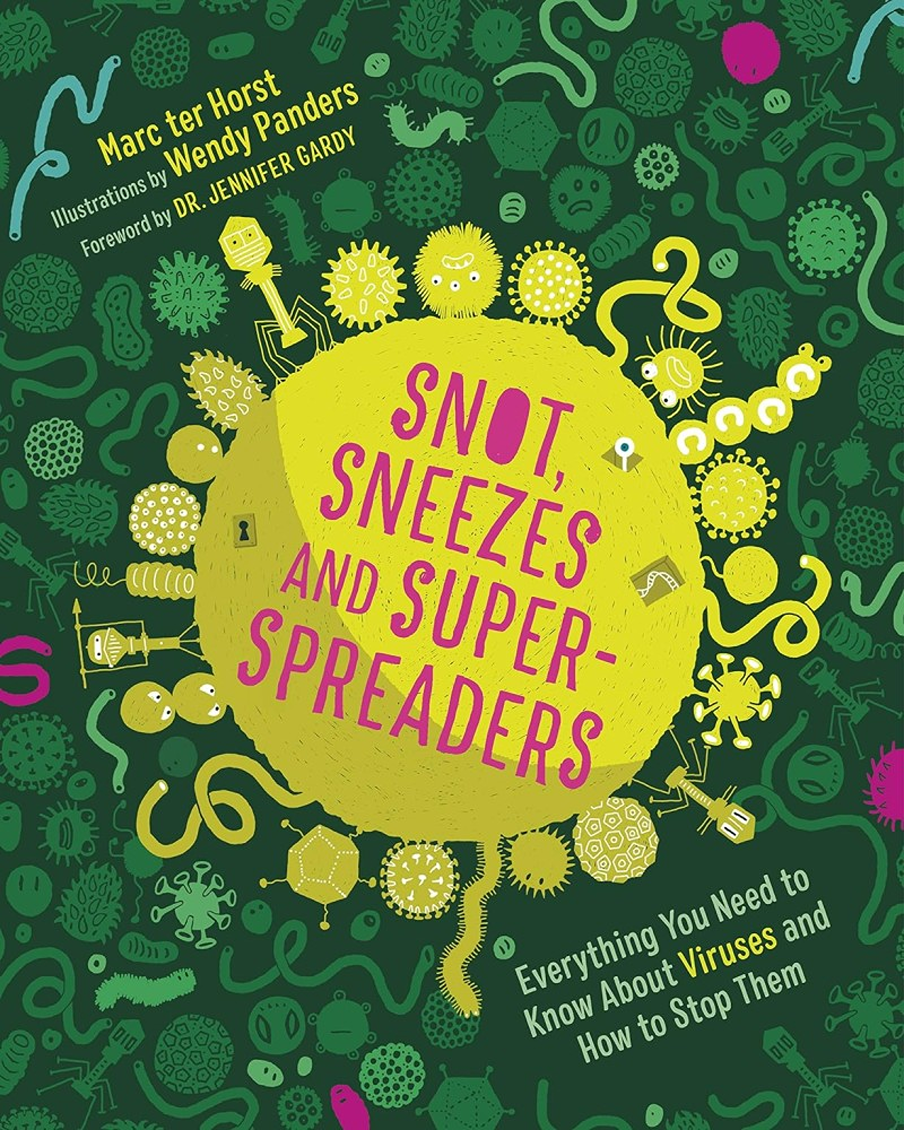
Snot, Sneezes and Super Spreaders makes learning about viruses interesting, and although the book is designed for children 8 to 12, it makes good reading for everyone. You’ll learn where viruses come from, how they spread and how to protect yourself. It offers a history of icky diseases of the past, and why they still hang around today.
One issue these days is long-COVID (people suffering from after effects). The book Through the Looking Glass has tips on treating it naturally, and looks at why some people recover and others don’t.
The author has over 30 years experience of helping patients recover from chronic fatigue and other illnesses, his respected Perrin Technique having helped to restore health to many following infection.
What Causes Worldwide Viruses?
Boston University now believes that (almost certainly), COVID-19 began when the virus jumped from a bat (they are sold live in ‘wet markets’ in China) that jumped to a host (possibly a raccoon or civet cat) at a market, and then transferred to humans.
Now, it’s believed that Mpox (the most recent serious worldwide virus) began in a lab that tested on monkeys (hence the name ‘monkeypox’). Although risk remains low, over 1000 people have already died in Africa, mostly caught from being bitten by infected rodents, or eating meat.
Will the powers that be never learn? It’s known that using apes to find a cure for AIDS and other disease is useless as well as unkind. Switch your donations to humane research charities.
People last when they do not eat apples not meant for them. Paul Kingsnorth



